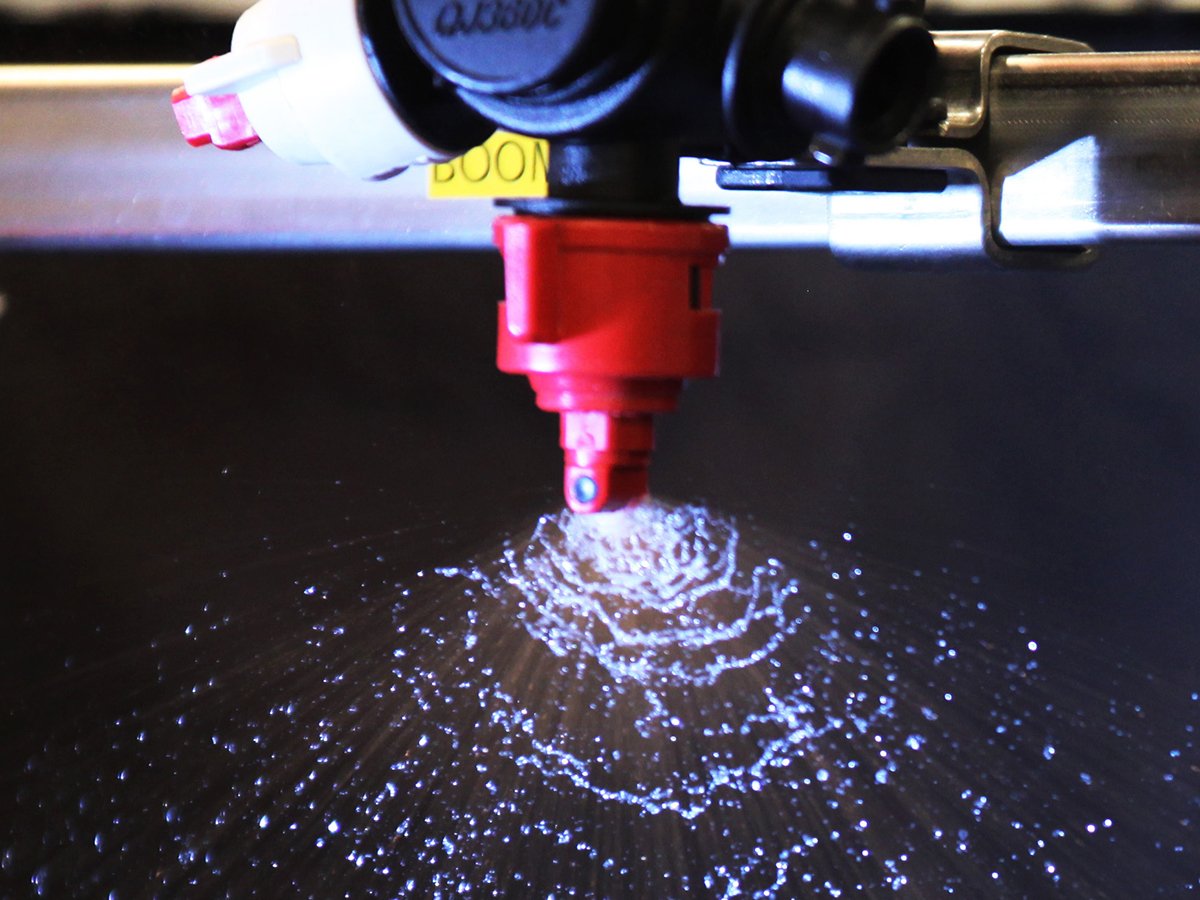OTTAWA – Canada has agreed to ease some of its recently imposed disease-inspired restrictions on shipments of U.S. durum wheat through the St. Lawrence Seaway.
Starting last Thursday, the U.S. was allowed to send durum through the Seaway en route to third markets, as long as it remained in the ship, stopping only to be topped up at Canadian elevators.
Soon, restrictions on trans-shipments which use Canadian transfer elevators will also be eased.
Agriculture Canada official Chris Ranger said April 4 the agreement will allow U.S. durum to be unloaded at Canadian transfer elevators as long as Americans provide samples which prove the shipments are free of karnal bunt.
Read Also

Members of Parliament get earful about need for regulatory reform
Canadian farmers have long complained they don’t have access to products as quick as their American counterparts because of Canada’s rules.
“The agreement on that has been reached and I don’t think it will take long to complete,” she said. “What has to be worked out is the mechanism for providing the sample.”
Imports of American durum were banned and use of Canadian ports for export of American durum was stopped in late March after karnal bunt fungus was found in crops grown in Arizona, New Mexico, Texas and California.
It is not harmful to humans but affects wheat quality.
Over American protests that durum from northern Great Plains states was not affected, Canada acted quickly to impose a blanket ban, fearing the infection would be imported into the Canadian crop.
Last week, senior officials from Agriculture Canada traveled to Washington to listen to American pleas for an easing of the restriction.
Ranger said Canada agreed to ease the restrictions after U.S. assurances, but still imposed tougher rules than many other countries do.
She said most other U.S. markets accept American assurances that the durum comes from areas that are not affected. Canada will insist on a sample to prove the point.














